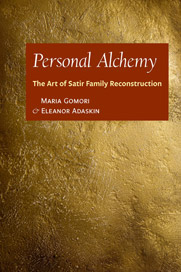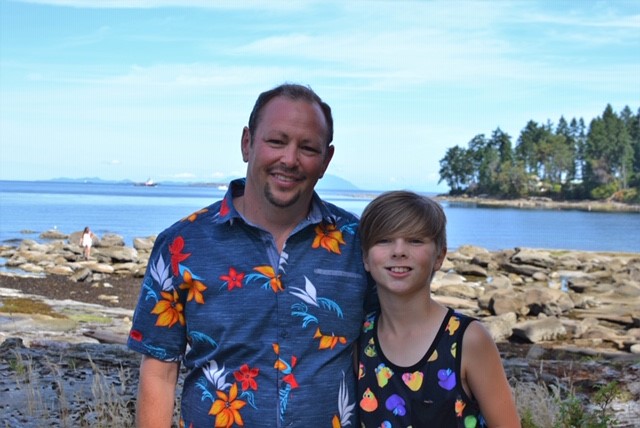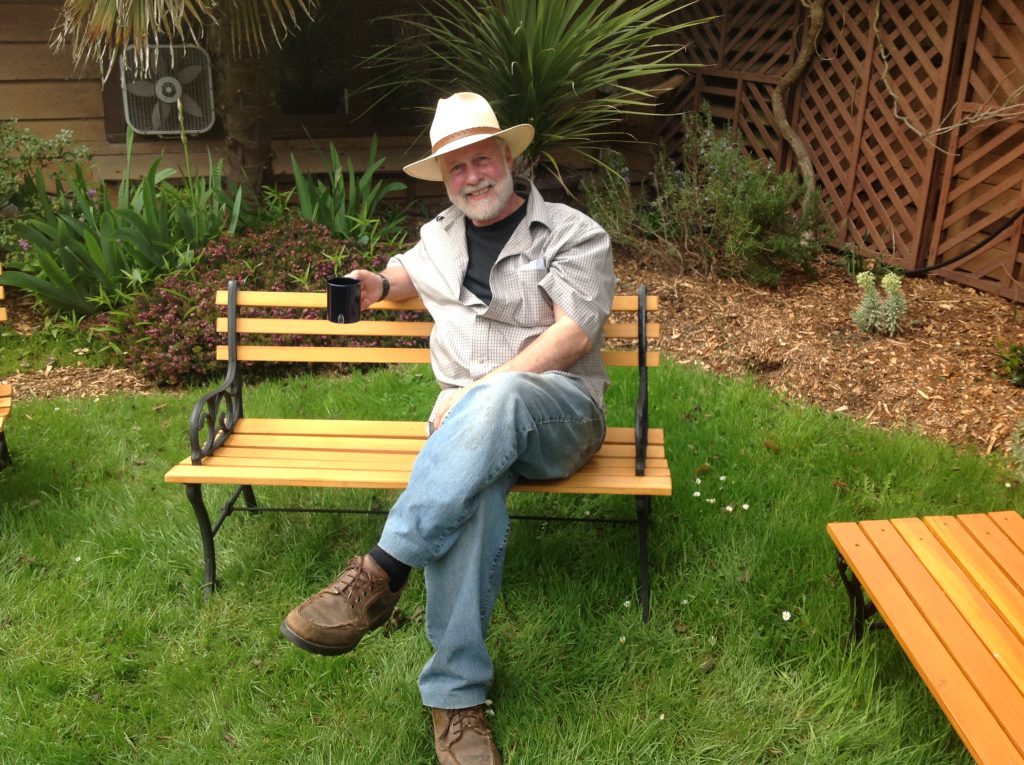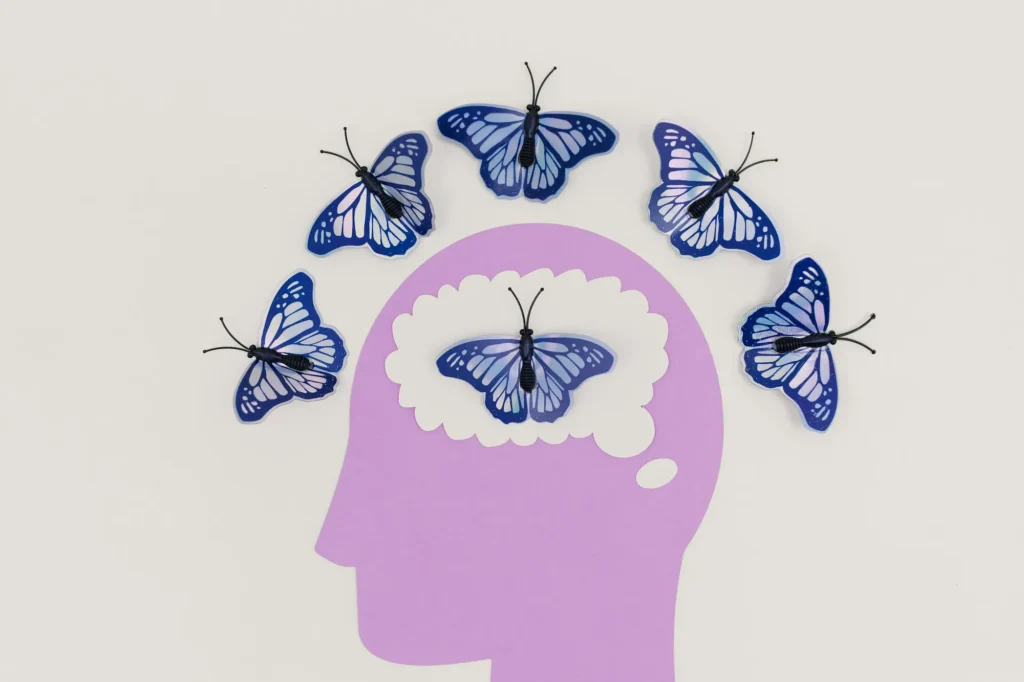Play that groove: A writer’s inspiration from the Victor Wooten workshop
By Cindy O’Dell
Ever since the Victor Wooten Workshop last week at the Haven, a one-line song has been playing in my head, “Is that pepper or mouse poo on my eggs?” By most standards my musical effort inspired by the two-day session on creativity and music, would hardly measure up, especially when my next lyrical impulse is about furry little bums. But according to Victor, that one small line is the beginning of a song that already exists. I just have to step up and find it. So, I’m gonna find that song even while I’m writing this. Cause if it does exist, I should be able to find it anywhere, right? So, when I get the hits, I’ll let you know by putting brackets around it.
I’ll feel pretty pleased with myself if I can pull this off considering I’d never even heard of Victor Wooten and his approach to creativity until a month earlier when, as one of Haven’s registrars, I began booking people into the program. Apparently, a day later, I was an expert. Mostly, I just listened to the overwhelming admiration of each and every caller for this bass-playing guy I’d never heard of. I went to the workshop because, for once, it was scheduled during the work week on my days off and I had to admit I was creatively blocked. Or blocked creatively which sounds less creative and more accurate.
I was one of five participants without a musical background in a group of ninety players of every kind of instrument. Victor talked about a kind of peripheral vision that opened the room up, and he created space for everyone, including our guardian spirits, a kind of back up band. Action, he explained, undertaken for the benefit of others has a better chance of success because at least two sets of guardian spirits will be working in union. Playing that groove.
He kept referring to his tools of the trade as spices. Take them, use them as flavour or just leave them on the shelf. (“What’s pepper for some could be mouse poo for others. Just leave it on the shelf.” Oh my god, is this actually working?)
The combination of teaching [Victor calls it showing as we teach ourselves] using an artistic context was inspiring. As a non-musician, I transferred everything he said from a music context into a written one. But really, everything he showed us applied to life itself. He introduced basic themes like providing space for others to fill, creating relationship to everything we apply ourselves to, and breaking things down to common denominators like personal grooves, feeling good about who we are, maximizing mistakes and having fun.
According to Victor, the most important thing is being in the groove. It’s like tuning into our own special beat somewhat like a bird who just needs the sunrise to sing. Or the idea that we’re already experts at being who we are because we’ve been this way our whole lives. Like the song, we already exist. We just have to step up. Fake it till you make it. (Okay. I think there’s line in there. “Imitation spice for breakfast.”)
He got across some pretty out there concepts because he grounded them in the music. His combination of theory and application really worked for me. I saw connections actually happening. And he used simple techniques like bringing an imaginary drummer that you know well up on stage when you’re singing alone, and taking the time to listen before you sing. Make it easy. (Like eggs. “Over easy.”)
He demonstrated how to use mistakes as springboards to inspired playing. At one point he played an entire riff using all of the “wrong” notes.
He staged improvisation sessions seeded with the idea that the song already exists and by communicating musically, the players could discover it. It was enlightening to see the effect when some people couldn’t step up or weren’t included, or didn’t know how to use the space. I had a full-bodied recognition of how interdependence can work.
To demonstrate having fun, he began with a groove and showed how playing at 1/3 of his capacity and maintaining a comfort level was more pleasing as a performance than pushing himself to pick every note perfectly. But if he did have to pick every note perfectly, he got there by putting his mind back to where he was comfortable. And then it was fun for both himself and the audience.
I was really shaken up by one of the things he talked about. (I have to go with the rhyme here folks. “Feelin’ queasy.”) But I was shaken up in a good way. (Ain’t that nice.) He referred to his book, The Music Lesson, apparently a novel that characterizes music as an entity, a being. When I transferred that idea to writing, I was shocked at how thin and stretched my relationship with the written word had become. It was like a one-person dialogue. I think it’s easier to describe using music. I don’t fully understand it, yet, but it’s as though the whole relationship has become more about the player and the instrument rather than to the music itself.
I had a visceral “aha” when he told the story of playing at a concert in the early 90s at a time when most of the audience would be bass players. (“Oh, ya.”) He got into the habit of inserting little riffs that only certain people would appreciate and recognize. When he played it, a hand shot up at the back of the audience. Later, he met the guy with whom he still has a connection and friendship. This was significant for me because in my experience, those specific and obscure topics that I’m fascinated by separate me from others. I never imagined that instead I could use them to build connection. (Which brings me to my last line. “Is that spice or crap up on my shelf?”)
With a little editing, I came up with this.
Is that pepper or mouse poo on my eggs?
Imitation spice for breakfast
ain’t that nice
Over-easy
Feelin queasy
Oh, ya. *
Is that spice or crap up on my shelf?
*can be sung with a small gag
Thank you Victor Wooten and all those guardian spirits!






